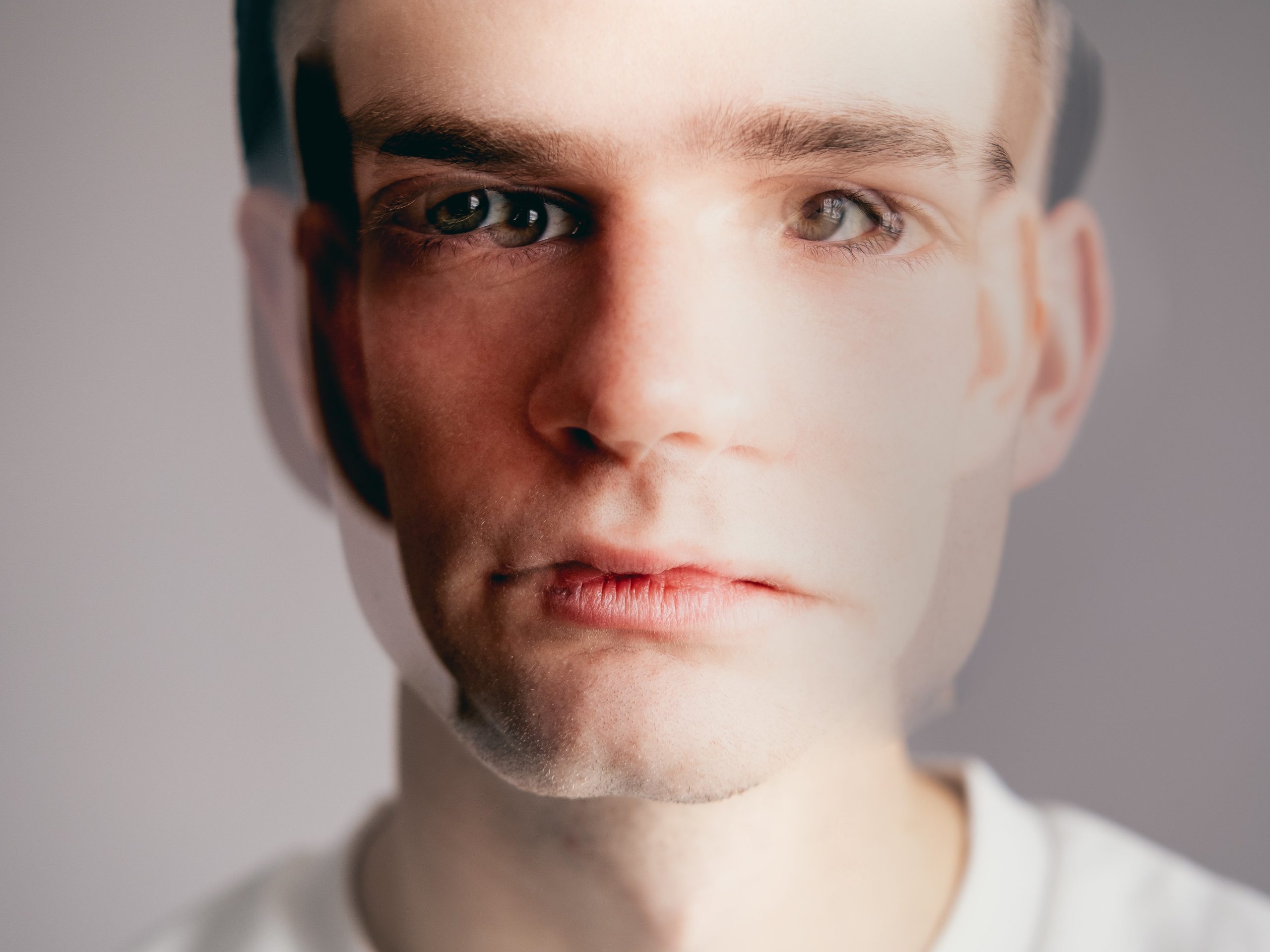Is schizophrenia hereditary? As researchers continue to explore more effective treatment approaches, they are also working to identify the factors that can cause a person to develop this complex mental health condition. These efforts include attempts to determine if schizophrenia is inherited, if it results from external influences, or if both genetics and environment are responsible.
Is Schizophrenia Hereditary?
Research into the question, “Is schizophrenia hereditary?” has not yet yielded a definitive answer.
- In January 2016, a news release from the National Institutes of Health (NIH) reported that researchers had identified a gene that is related to schizophrenia and that can disrupt neural connectivity in the brains of teenagers. This release also noted that more than 100 chromosomal sites have been linked with an elevated risk of schizophrenia.
- In a June 2017 article in the journal Frontiers in Human Neuroscience, researchers who reviewed decades of research concluded that “genetics form a strong risk factor for schizophrenia.” However, the authors of this article also noted that considerable research remains to be conducted.
- A 2018 study in the journal Biological Psychiatry reported that there is a “substantial genetic risk” for schizophrenia. However, the authors of this study also noted that research involving twins has demonstrated that factors other than genetics can play a role in determining who does and does not develop this disorder.
So, what do we make of these findings? Is schizophrenia inherited? Sometimes it is, but sometimes there are other reasons why a person is affected by this mental illness. We will explore other possible causes of schizophrenia in the next section.
Causes of Schizophrenia
If heredity isn’t responsible for all cases of schizophrenia, then what are other possible causes?
As is the case with almost all other mental illnesses, experts believe that a person’s risk for developing schizophrenia can depend on a variety of genetic and environmental factors.
According to the National Institute of Mental Health (NIMH), the following are potential risk factors for schizophrenia:
- Living in an impoverished community
- Being raised in a particularly stressful atmosphere
- Having variations in brain size and connections among areas of the brain
- Exposure to certain viruses before birth
The fifth edition of the Diagnostic and Statistical Manual of Mental Disorders (DSM-5) reports that schizophrenia appears to be more common among people who were born in late winter or early spring in some locations. The DSM-5 also identifies growing up in an urban environment as a risk factor for schizophrenia.
Other sources have identified family history of schizophrenia, complications during birth, and some types of substance abuse as additional risk factors for schizophrenia
Schizophrenia Statistics
According to the World Health Organization (WHO), about one of every 300 people will develop schizophrenia. Given the current world population, this suggests that more than 24 million people across the globe have schizophrenia.
Schizophrenia is more common among adults than among children and adolescents. WHO notes that about one of every 222 people aged 18 and older has or will develop this disorder.
Although schizophrenia occurs less frequently than many other mental health disorders, those who develop this form of mental illness often experience debilitating symptoms. For example, the NIMH has reported the following statistics about the effects of schizophrenia:
- Schizophrenia is one of the top 15 causes of disability.
- In the United States, the average life expectancy of people with schizophrenia is 28.5 years shorter than the national average.
- Experts estimate that about 4.9% of people who have schizophrenia die by suicide. By comparison, the suicide rate among the general U.S. population in 2020 was about 0.01%.
- About 50% of people who have schizophrenia also have at least one other mental or behavioral health disorder.
The NIMH also reports that the average age at which people begin to experience symptoms of schizophrenia is different among men and women. Males typically begin to show signs of this disorder during their late teens and early 20s. Females usually don’t exhibit signs and symptoms of schizophrenia until their late 20s or early 30s.
How Is Schizophrenia Diagnosed?
As established in the DSM-5, a person must experience at least two of the following five symptoms for at least one month in order to be accurately diagnosed with schizophrenia:
- Delusions: Delusions are rigid beliefs that cannot be changed even in the face of clear evidence to the contrary. In many cases, delusions clearly have no basis in reality. Examples of delusions include the belief that a famous person is in love with you, that you are being followed or spied on, and that your thoughts are being controlled by some outside force.
- Hallucinations: People who experience hallucinations will see, hear, or otherwise perceive things that are not there. Among people who have schizophrenia and certain other psychotic disorders, auditory hallucinations are the most common type. A person who has auditory hallucinations will clearly hear voices or other sounds, and they will believe that these sounds are separate from their own thoughts.
- Disorganized speech: This can refer to speech patterns that rapidly switch from topic to topic without following any apparent logical progression. It can also refer to speech that is virtually incomprehensible. Disorganized speech represents a diminished capacity for thinking clearly as well as an inability to effectively communicate your thoughts.
- Grossly disorganized or catatonic behavior: These terms can describe a range of abnormal or problematic actions. In some cases, disorganized behavior may involve unpredictable agitation. In other cases, it can include extremely immature or childlike reactions. Examples of catatonic behaviors include purposeless movement, minimal or nonexistent responses, and stiff posture.
- Negative symptoms: Two of the more common examples of negative symptoms are a lack of emotional expressiveness and deficient motivation to engage in self-directed activities. People who have negative symptoms may not make eye contact, display emotions via facial expressions, or incorporate inflections into their speech. They may also sit and stare for extended periods, showing no apparent interest in interacting with the world around them.
The DSM-5 notes that a person who has schizophrenia will experience at least one of the first three symptoms listed above (delusions, hallucinations, and disorganized speech), along with at least one other symptom from the full list.
How Is Schizophrenia Treated?
Treatment for schizophrenia often involves a combination of prescription medication and psychotherapy.
The medications that are usually used to treat schizophrenia are referred to as antipsychotics. The specific medication that a person receives and the amount of the medication they take can vary depending on a variety of individual factors, including the nature and severity of the symptoms they have been experiencing.
Medication can ease the severity of certain symptoms. Therapy can help people learn to manage symptoms that cannot be alleviated with medication.
Cognitive behavioral therapy (CBT) has proved to be a beneficial type of therapy for people who have schizophrenia. During CBT sessions, participants learn to identify unhealthy thought and behavior patterns, and then replace them with more productive ways of thinking and acting. CBT may be incorporated into both individual and group therapy sessions.
Family therapy can also be an integral component of treatment for schizophrenia. During family sessions, loved ones can learn how to support someone who has schizophrenia. Family sessions can also help participants process how they have been affected by their loved one’s struggles with schizophrenia.
Depending on the specific needs of the individual, treatment for schizophrenia may be provided at the residential, partial hospitalization, intensive outpatient, or outpatient levels. Some patients may need to spend time at one of these levels, while others may benefit from time in multiple levels.
Find Schizophrenia Treatment in Nashville, TN
Arbor Wellness is a safe and welcoming place where adults can receive comprehensive care for schizophrenia and other mental health concerns. At our treatment center in Nashville, Tennessee, experienced professionals offer personalized services in an atmosphere of dignity and respect. If you or someone that you care about can benefit from customized schizophrenia treatment, Arbor Wellness is here for you. Contact us today to learn how we can help.


















